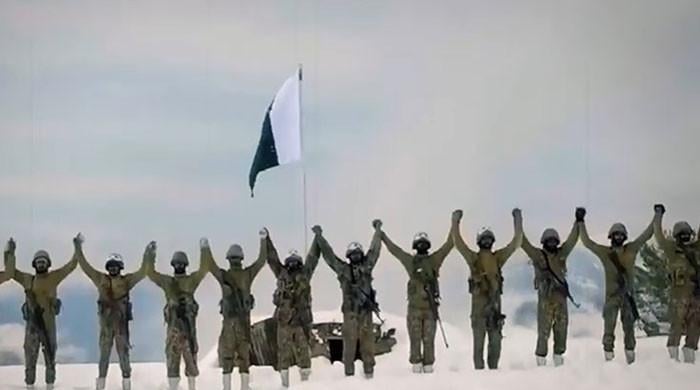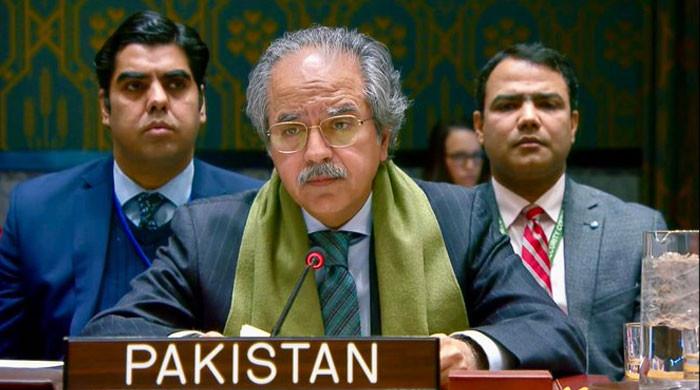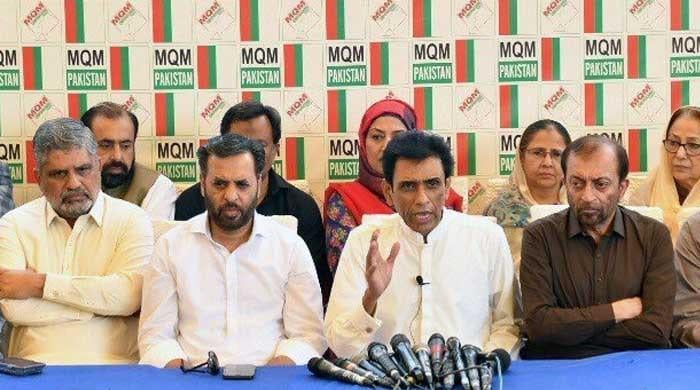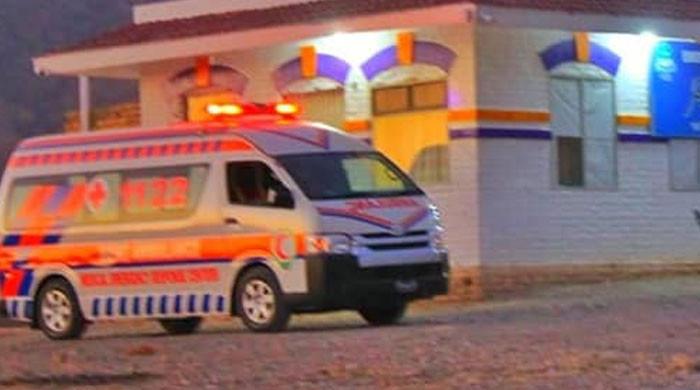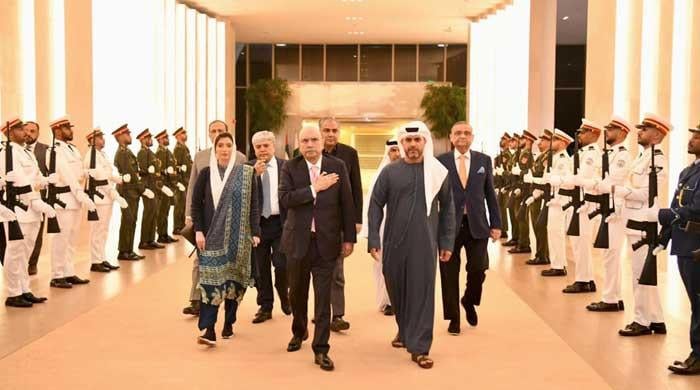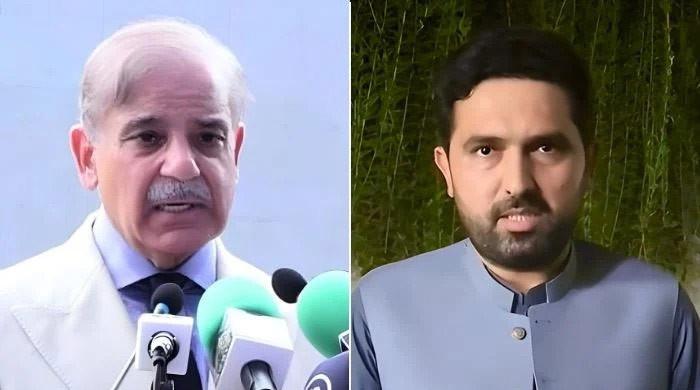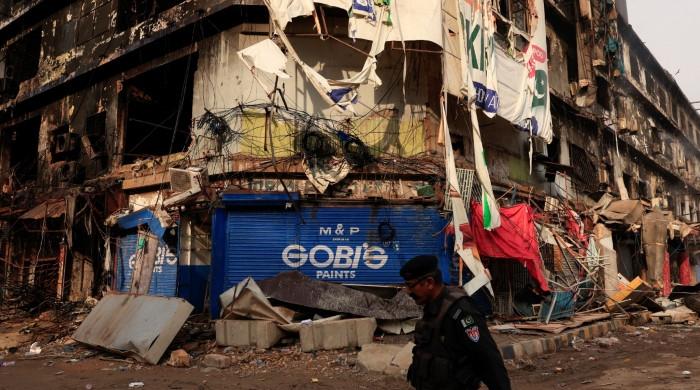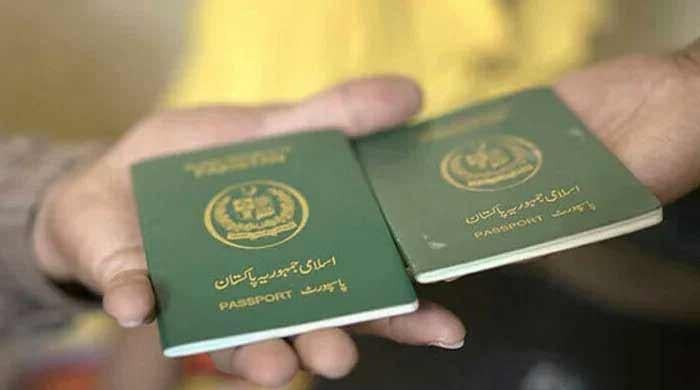Lives could have been saved at Sehwan, if ambulances weren’t stuck at port: Edhi
Edhi Foundation paid over Rs14.3 million in customs duty, Rs 300,000 to Excise department
February 17, 2017
KARACHI: The suicide attack at the shrine of Lal Shahbaz Qalandar in Sehwan has claimed at least 80 lives, but “many of them could have been saved” says Faisal Edhi, “if our ambulances weren’t being held at the port”.
The day after the attack the Edhi Foundation released documents showing they had paid over Rs 14.3 million in customs duties and over Rs 300 thousand to the Excise department.
“For 22 days our ambulances were standing at the port, the officials weren’t even willing to meet us, it took five days just to get an appointment,” Faisal Edhi shared over the phone.
The Edhi Foundation runs Pakistan’s largest ambulance network and has been credited as the world’s largest voluntary ambulance service with over 1,800 ambulances operating across the country.
Six decades ago Late Abdul Sattar Edhi started the service with a single second-hand Hillman Pickup truck refurbished into an ambulance. The trend hasn’t changed.
“We import regular vehicles, not ambulances, because it is cheaper to convert them into ambulances in Pakistan,” explained Faisal Edhi going into details how it would cost three times as much to do the same abroad.
“The government told us pay the taxes and release your vehicles,” Edhi continued, “and this also, after days of running from one office to another; finally they said go meet the minister if you want an exemption… we decided wasting more time was pointless, so we paid.”
The majority of ambulances that the Edhi foundation operates are small Suzuki vans converted into basic ambulances. The vehicles being held at the port were not luxury vehicles. They were similar to the 16-seater Toyota vans plying on Pakistani roads, but the ones imported by Edhi were cheaper Chinese variants, therefore allowing the foundation to afford and purchase a larger number of vehicles that can be used to transport more patients and due to their size can be equipped better than the smaller Suzuki vans.
“We faced the same problem in Balochistan, it took too long for each trip,” explained Edhi, “the injured die because of blood loss, we could have saved as many as 25 people if our vehicles weren’t stuck at the port.”
Faisal Edhi recalled how, until a decade ago, things were easier because the president at the time had instructed his principal secretary to make sure Edhi Foundation’s work did not face hurdles.
Having spent his all his waking days saving lives under the leadership of his father, Faisal Edhi’s voice had a hint of disappointment, when he added, now “they don’t trust us.”
Sindh excise and Taxation Minister Mukesh Kumar Chawla spoke to Geo.tv and explained that his department cannot grant an exemption when the center is not giving exemption. Putting the ball in the Federal Government’s court, Chawla added, we do not charge them any fees when their vehicles come to get registered as GA (government registered) vehicles, only when they are being registered as private vehicles.”
“If they file for refunds, they will be granted refunds but it will be across the board, from federal and provincial setup,” Chawla concluded.
However, Faisal Edhi maintains that previous tax refund claims are still pending and haven’t been returned even after all requirements have been fulfilled, before adding again, “the death toll would have been much lower if those ambulances had been in service.”




